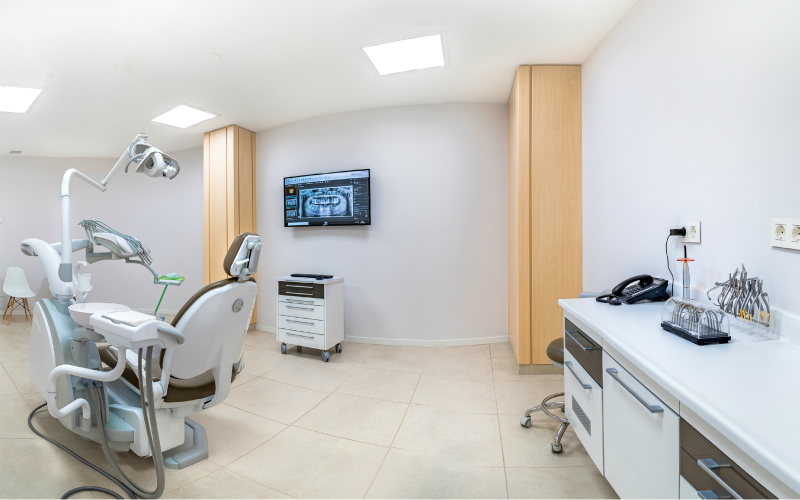
Most dentists know that for some years they have been permitted to operate their practice using the structure of a limited company. In the dental world, such a company is known as a Dental Body Corporate (DBC). Many practices were formed as, or converted to, a DBC largely for tax reasons. This article doesn’t cover any tax issues which flow from DBCs, but we would recommend that dentists considering forming a DBC take advice from a solicitor and an accountant who specialise in advising dentists and understand the specific issues which potentially affect the tax position of DBCs.
There are various rules around the structure of a DBC, including the requirement that at least 50% of the directors within the company must be registered dentists or registered dental care professionals.
Many dentists who operate as a DBC see it as a very simple structure, and to an extent that is correct. However, it must be borne in mind that limited companies carry with them a number of legislative obligations, such as making certain returns to Companies House. Unfortunately, we often find that DBCs are operated without a great deal of regard for these obligations. Often the answer we get is that “my accountant formed the company, they will deal with all of that…”. However, the accountant isn’t the person who has the obligations, it is the dentist as a director of the company.
The areas to watch out for within the context of a DBC include:-
- How do the dentists share income? – unlike a dental partnership where you have complete freedom to decide how to share the profits of the partnership, within a company there is slightly less flexibility – you need to decide what the respective returns from the DBC will be. Whatever it is, you should discuss that with your solicitor and your accountant to ensure that your desired outcome can be achieved.
- How will profits be extracted from the DBC? – whatever the required profit sharing is, you also need to decide how to extract it. In a partnership, the partners simply share profit in an agreed manner. A popular misconception is that it is no different in a company. Shareholders in a company often take the simplistic approach that “it’s my money anyway”. Sadly that isn’t the case. The revenues generated by the practice belong to the company, and the shareholders then need to decide how to extract their portion of that. That might be partly by dividend, partly by salary, etc and exactly how the money comes out should be decided upon in conjunction with your accountant’s advice.
- What happens when a dentist wants to leave or otherwise reaches retiral? – once again in a partnership the dentist simply states his intention to leave or retire – the partnership agreement will govern what happens from there in terms of realising the value of the departing/retiring dentist’s interest in the practice. With a DBC, your value is in most cases tied in with your shareholding. You therefore need to be able to sell the shareholding, either to the remaining shareholders or to an incoming dentist. However, the company’s Constitution (Articles of Association and/or Shareholders Agreement) will govern how freely (if at all) those shares can be sold, and there may therefore be obstacles to overcome when you come to leave. This subject should be fully discussed by the principals at an early stage so that the position for the future is clear.
- A very simple thing – one requirement of all companies is to maintain various Statutory Registers, showing its shareholders, directors, etc. Easy to do, but we regularly get a blank look when we ask about the Registers. A poorly maintained (or worse still non-existent) set of Registers can cause huge issues, particularly on the sale of a DBC. So ensure that these are kept up to date from the outset.
Michael Royden is a corporate solicitor specialising in advising dental practices. We are always delighted to talk without obligation about whether we might meet your needs. Call Michael on 01382 229111.
